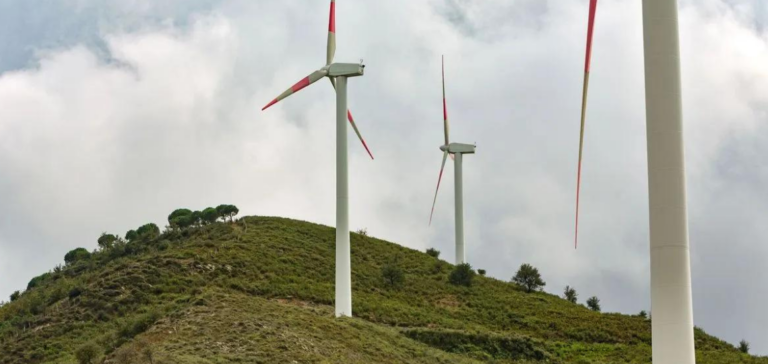Italy has taken a significant step towards the energy revolution. The government, led by the Minister for Ecological Transition, Gilberto Pichetto, has announced a major decree to stimulate the development of renewable energies. Indeed, this initiative, announced prior to COP28, aims not only to improve the country’s energy security, but also to support energy-intensive businesses. The decision also comes at a time when the world is focusing intensely on reducing greenhouse gas emissions and combating climate change.
Global context and objectives
The decree’s measures include the simplification of administrative procedures for green energy projects and the use of state-owned land for the establishment of wind farms. However, this plan, representing an investment of 27.4 billion euros, is in line with the 2030 objectives for a significant reduction in greenhouse gas emissions. Pichetto underlines Italy’s ambition to become a leader in renewable energies.
Impact on business and industry
The decree is specifically aimed at encouraging some 3,800 companies, particularly those in heavy industry sectors such as glass and textiles, to adopt greener energy sources. However, these measures reflect a growing recognition of the crucial role played by businesses in the energy transition.
Offshore wind and LNG developments
The Italian authorities have designated sea areas in two southern Italian ports for offshore wind power, marking a strategic expansion in this sector. At the same time, they declare the construction of onshore liquefied natural gas (LNG) terminals to be of urgent public utility, reflecting a pragmatic approach to the energy transition.
However, this decree is not without its critics. Some critics point the finger at investment in gas infrastructure, seeing it as a contradiction in terms of decarbonization objectives. These criticisms raise important questions about the balance between energy development and environmental sustainability.
With this decree, Italy is taking a firm stance in favor of an ambitious energy transition. As the country prepares for COP28, this movement marks a decisive turning point, reflecting the global urgency of responding to climate challenges.






















